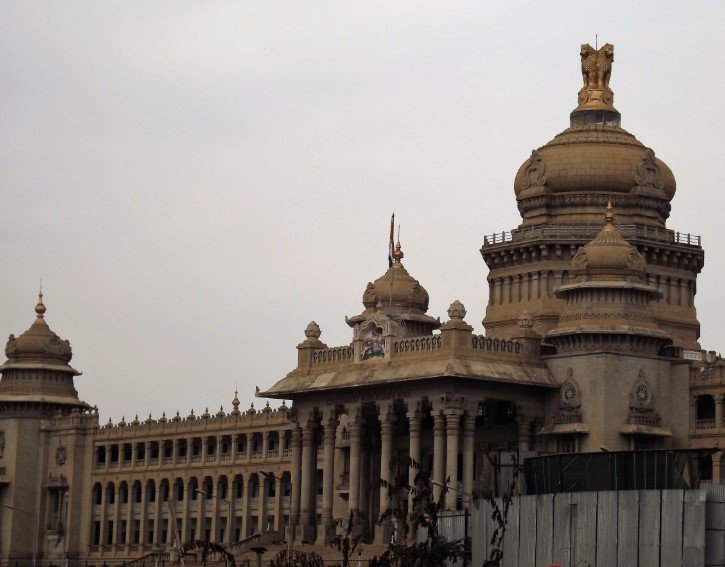A political storm is brewing in Karnataka after state cooperation minister K N Rajanna filed a formal complaint, claiming he and 48 other political figures were honeytrapped — a scandal that’s now putting the government on the defensive.
Explosive Allegations Rock the Assembly
The drama unfolded last week when Rajanna first made the bombshell revelation in the Karnataka legislative assembly. He stated that nearly 50 politicians across party lines had fallen victim to an organized honeytrap operation. His statement stunned lawmakers and triggered immediate calls for a thorough investigation.
On Tuesday, Rajanna followed up with a three-page petition to home minister G Parameshwara, detailing his own encounter with the alleged honeytrap attempt. He described how a woman, claiming to be a lawyer, visited him twice in his Bengaluru office alongside a man. Rajanna admitted he couldn’t recall her name but said he could identify her if she were brought before him.
“I don’t have CCTV cameras at my residence,” Rajanna added, acknowledging a gap in potential evidence. The lack of surveillance footage raises further questions about the authenticity of his account — though it’s also fueling suspicions that this scandal runs deeper than it appears.

Political Fallout: A Government on Edge
Home minister Parameshwara initially promised a high-level inquiry if Rajanna filed a formal complaint. However, on Tuesday, his tone shifted. He described Rajanna’s submission as a “representation” rather than an official complaint, implying legal action couldn’t proceed without approval from the assembly speaker, U T Khader.
Parameshwara argued that since the allegations were raised on the assembly floor, Khader’s involvement was crucial. “The speaker is the custodian of the discussion,” he explained.
Khader, caught off guard by Parameshwara’s pivot, responded cautiously: “If the points raised by Rajanna are property of the House, then the home minister’s assurance on the floor is also House property. I shall look into the minister’s statement and discuss it further.”
The back-and-forth now leaves Rajanna’s plea stuck in a procedural limbo, with no clear path forward.
Congress Treads Carefully
For the ruling Congress party, Rajanna’s allegations come at a politically sensitive time. Chief minister Siddaramaiah is approaching his 30-month milestone in office, a point that traditionally triggers a leadership evaluation within the party.
A senior Congress leader acknowledged the dilemma: “If an investigation proceeds and names come out, the credibility of the government could take a hit. But if no inquiry happens, the opposition will hammer us for covering it up.”
Another party insider pointed to the numbers: “Rajanna mentioned 48 others. Even if half that number is confirmed, we’re staring at a massive scandal.”
With only Rajanna’s name publicly known so far, speculation is rampant. Both Congress leaders and opposition members are watching closely, aware that any emerging names could reshape Karnataka’s political landscape.
What Comes Next?
For now, the controversy hangs in the balance. Rajanna remains firm on his claims, while the government appears hesitant to pursue the matter without speaker Khader’s nod.
The opposition, unsurprisingly, is seizing the moment. BJP leaders have accused Congress of shielding its ministers and demanded an independent inquiry, bypassing the speaker’s involvement altogether.
One thing is certain — this scandal isn’t going away anytime soon. Whether Rajanna’s accusations uncover a genuine honeytrap network or fade into political footnotes will depend on how deeply the state decides to dig.
